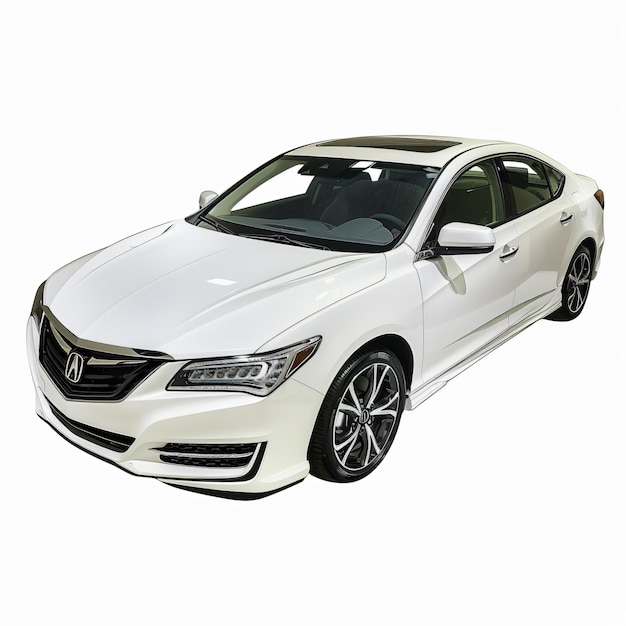
Choosing your ideal car often feels like putting together a wish list—thinking about the perfect color, right rim size, and the best accessories or sound systems. But the reality of buying a car mainly comes down to your budget, unless you’re okay with hefty debt and high monthly payments. If you have a generous budget, you might easily find yourself behind the wheel of a Ferrari or Porsche.
However, if you’re a smart spender with a more moderate budget and you value durability and versatility, then Honda is a brand worth considering.
**A Vehicle for Everyone**
Honda has a wide range of high-quality cars to fit different budgets. They offer SUVs like the Pilot, CR-V, and the wagon-style Crosstour. If a mid-size sedan is what you’re after, check out the Honda Accord. For an eco-friendly option, there’s the CR-Z hybrid. And if you’re starting out and need an affordable, practical compact car, Honda’s award-winning Civic is a great choice.
But if you want a car that offers as much cargo space as the CR-V, more rear legroom than the Accord, fuel efficiency like the CR-Z, and the safety and value of the Civic, check out the 2015 Honda Fit. This compact car does it all. Visit a Honda dealership to see it in person.
**Ample Space: The Honda Fit’s Strength**
The 2015 Honda Fit stands out among sub-compact cars with its impressive cargo space. With 52.7 cubic feet of space and fold-flat rear seats, this small car can carry a lot—mountain bikes, surfboards, plenty of luggage, large dogs, or even 8-foot-long items. In terms of transforming space, the Honda Fit is like the Optimus Prime of cars.
To give you an idea, the compact SUV Honda CR-V has 70.9 cubic feet of cargo space with the rear seats down, while the Crosstour offers 51.3 cubic feet. The Fit’s 52.7 cubic feet even surpasses the Crosstour.
When it comes to rear legroom, the Honda Fit also excels, giving passengers 39.3 inches to stretch their legs, compared to the Accord’s 38.5 inches.
**Easy on the Budget**
The Honda Fit is also a standout for fuel economy and value. It features a new 1.5-liter in-line four-cylinder engine paired with either a six-speed manual or an automatic transmission with CVT, providing a lively performance.
This efficient engine produces 130 horsepower and 114 lb-ft of torque, making it one of the best in its class. The Fit’s fuel efficiency is impressive, rated at 29/37 mpg for the manual, 33/41 mpg for the automatic LX, and 32/38 mpg for the automatic EX and EX-L.
In comparison, the Honda Civic’s 1.8-liter engine, although a bit more powerful with an extra 13 horsepower, isn’t as fuel-efficient due to the size difference between the two models.
**Final Reflections**
Initially, I wondered if it was fair to compare the compact Honda Fit to larger cars and SUVs. But it’s clear now that this small car can outmatch and outperform many of its bigger counterparts. In hindsight, the comparisons seem unfair—to the bigger cars. The Honda Fit’s ability to provide both space and economy in a compact package secures its win.